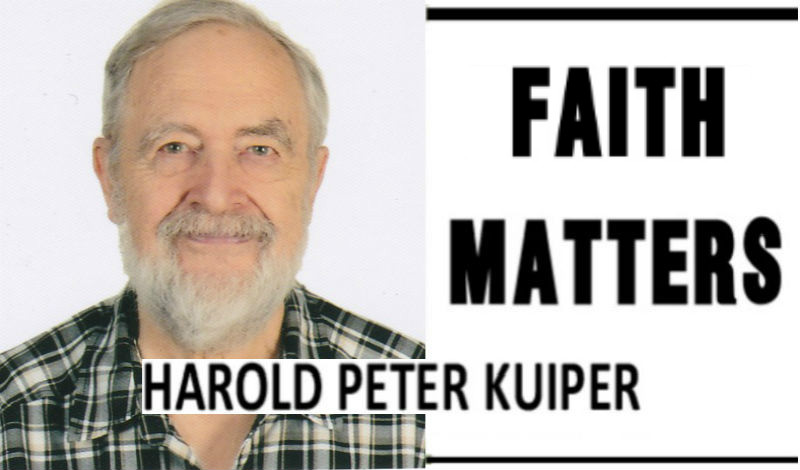Last night on my walk I ran into a policeman, who works in the Visayas, and comes home to his family for a visit every 2-3 months. I told him I am hoping to develop a marriage-enrichment seminar, and asked him if I could ask a question about problems couples often have. He replied with information about his own marriage, how arguments sometimes lead to his leaving for an hour or so. I in effect suggested a better way, the way of Love. St. Paul said, “Husbands, love your wives, as Christ loved the church,” in Ephesians 5, and I Corinthians 13 he said “Love suffers long (=is patient) and is kind.”
I want to quote something from last week’s column, on the Will of God.
What is His will? That we love. “Love is the fulfillment of the law.” “A new commandment do I give you, that you love one another.”
In fact, the Great Judgment scene in Matt. 25 really asks—How well did you love? Did you love me, in the poor, naked, imprisoned, hungry brethren of mine?
Jesus also expresses God’s will in saying, Come unto me, all who are weary and heavy laden, and I will give you rest. Take my yoke and learn from me. . .For my yoke is easy, and my burden is light. Matt. 11: 28-30. This is discipleship—learning from Jesus how to love.
James 1 says: Religion that God our Father accepts as pure and faultless is this: care for widows in their distress and to keep oneself from being polluted by the world. (THIS is what counts, as far more important than regular “religious” observances, even though we should not “forsake our meeting together,” Heb. 10:25).
Other places, like 1 John, again and again tell people that the will of God is that we love one another, as God in Christ loves us.
The Way of Love: I Corinthians 13, NIV.
If I speak in the tongues[a] of men or of angels, but do not have love, I am only a resounding gong or a clanging cymbal. 2 If I have the gift of prophecy and can fathom all mysteries and all knowledge, and if I have a faith that can move mountains, but do not have love, I am nothing. 3 If I give all I possess to the poor and give over my body to hardship that I may boast,[b] but do not have love, I gain nothing.
4 Love is patient, love is kind. It does not envy, it does not boast, it is not proud.5 It does not dishonor others, it is not self-seeking, it is not easily angered, it keeps no record of wrongs. 6 Love does not delight in evil but rejoices with the truth. 7 It always protects, always trusts, always hopes, always perseveres.
8 Love never fails. But where there are prophecies, they will cease; where there are tongues, they will be stilled; where there is knowledge, it will pass away. 9 For we know in part and we prophesy in part, 10 but when completeness comes, what is in part disappears. 11 When I was a child, I talked like a child, I thought like a child, I reasoned like a child. When I became a man, I put the ways of childhood behind me. 12 For now we see only a reflection as in a mirror; then we shall see face to face. Now I know in part; then I shall know fully, even as I am fully known.
13 And now these three remain: faith, hope and love. But the greatest of these is love.
I once heard a sermon on this chapter, in which the preacher pointed out that we should love like this, because that is what God is like: God is love. God is patient (suffers long) and is kind.
Obviously it is more than a feeling; it is loving deeds and verbal and non-verbal expressions.
And listening to each other, turning off cell phones and mobile devices, drawing each other out.
Trying to solve problems rather than fixing blame or proving oneself right.
Turning off distractions, turning to each other, face-to-face, spending real time with each other.
Speaking the truth in love, says St. Paul, in Ephesians 4.
Being strong, not defensive, ready to enter the pain of another, for Love suffers long, and is kind.
Love is the opposite of sin, and requires surrendering to Christ in you, the hope of glory. Col. 1.
And the hope of a glorious marriage, for policemen, teachers, all of us.













